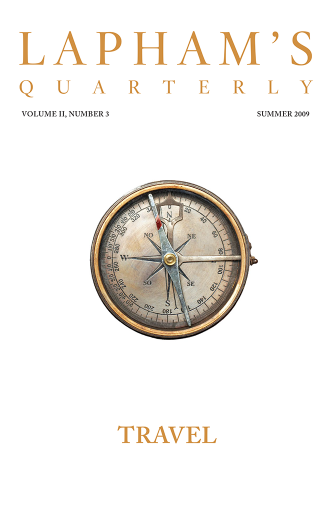The god of the netherworld, Llao, brooding over the defeat at the hands of Skell, ruler of all things on the surface of the earth, became bitter with the review of his wrongs. Power had been his, yet at the height of his control, the people of his vanquished enemy had risen against him and had defeated him through strategy. Thus he resolved to challenge Skell to a test of prowess and strength. And he set out for the land and the house of Skell.
Skell was out hunting, rejoicing in his renewed vigor and his restored life. But Llao waited in the house of his enemy until his return. In face of the challenge, Skell hesitated. He did not want to wrestle, since Skell was not so strong as Llao, nor did he care to test his strength against the frenzied hatred of Llao.
But his people desired that he rid them of the menace of Llao’s power, and rather than be branded cowardly by the gods and their peoples, he consented to the bout. So great, however, was the strength of Llao in his madness that Skell was caught by the wrists and borne on Llao’s back toward the hole of the fires in the mountain. And Llao taunted Skell as they went, with the fate from which there was no escape that had been prepared.
“You are to be quartered,” said Llao. “And the people of Llao wait beneath the great rock for the feast of Skell’s flesh that is to be thrown to them.” Skell pondered a moment and knew that it was to be done as was spoken, lest something shift the power from his enemy to him.
Then he asked that one arm be freed. “A louse is biting me,” he said, “and I must scratch.”
Llao shook the mountains with his laughter. “Why do you worry about a little thing like that,” he said, “when in a few minutes you are to be thrown to my children?”
Yet Skell insisted that his last wish be granted. And when he had one of his arms free, he drew forth his great knife and cut Llao’s head from his body. Great was the tumult in the fire mountain, as the rocks lifted and groaned and sides of the mountain shook. Yet the people of Llao thought it was but the triumphant return of the god of the down-below and waited anxiously for the feast that had been promised them. And Skell sent a false message that it was Skell who had been killed and that the people of Llao should gather beneath the scowling cliff for the banquet.
Then on the rock that had been his throne, Llao was quartered, and the blood drenched the cliffs around the chasm with red, and as each quarter was thrown over, the people of Llao tore it asunder and swallowed it with great shouts of joy. Thus was the body of Llao destroyed. But when the head of Llao was thrown into the pit, his people recognized the familiar face and would not touch it. Today it lies where it fell within the lake, and strangers call it Wizard Island, yet those who know speak of it as the head of the vanquished Llao. The stones within the chasm ceased their groaning with the destruction of Llao’s body, and the fires died in great clouds of smoke, and all became dark and still. And the bereaved people of Llao gathered around the edge of the silent abyss and shed their tears for the fate of Llao. And their tears fell within the dark pit. Today the tears shine as clear and silent as they fell from the people of Llao, but we know them as Crater Lake.
From a Klamath legend. While collecting Klamath and Modoc legends for a 1934 publication, ranger and naturalist W. Craig Thomas spoke to William Gladstone Steel, a journalist known as the Judge, who spent much time around Crater Lake, and Susie DeFault, who had attended school on a Klamath reservation. This legend recounts the eruption of Mount Mazama, which occurred more than six thousand years ago, and is considered “startlingly accurate” by geologists. It was included as an appendix to a study of Crater Lake published by the National Park Service in 1984.
Back to Issue
